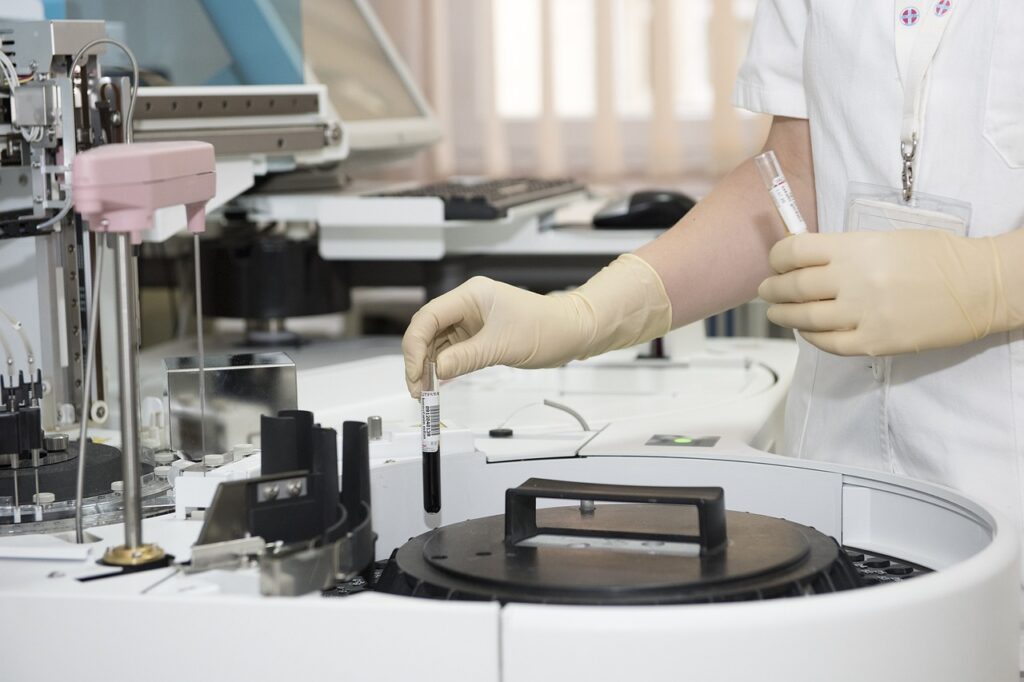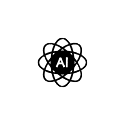
Explore how AI is transforming drug discovery and development. Learn how platforms like Insilico Medicine, BenevolentAI, and Atomwise are creating faster, smarter, and cheaper ways to deliver life-saving treatments.
💊 Introduction: A New Era in Medicine
It takes 10–15 years and over $2.5 billion to bring a single drug to market. Worse still, 90% of drug candidates fail somewhere between discovery and human trials. The traditional pharmaceutical pipeline is expensive, slow, and often ineffective.
Enter artificial intelligence.
AI is revolutionizing drug discovery and development by cutting timelines, reducing costs, and unlocking cures that human researchers might never find on their own. From identifying new molecular compounds to designing clinical trials, AI is helping reshape the future of medicine.
🧠 What Is AI Drug Discovery?
AI in drug discovery refers to using machine learning algorithms, deep learning, natural language processing (NLP), and data mining to:
- Identify promising drug candidates
- Analyze molecular interactions
- Predict toxicity and efficacy
- Optimize compound structures
- Shortlist candidates for clinical trials
These tools work across the preclinical phase (where the biggest bottlenecks occur), all the way through to clinical testing and repurposing existing drugs.
🚀 Real-World AI Platforms Transforming Drug Development
1. Insilico Medicine
- Uses deep generative models to design novel drugs from scratch.
- In 2023, it created a first-in-class anti-fibrotic drug in under 18 months — a process that usually takes 4–5 years.
- The company’s AI platform, Pharma.AI, designs, simulates, and predicts chemical properties before lab testing.
2. BenevolentAI
- Specializes in drug repurposing and target identification.
- Its AI system discovered a potential treatment for COVID-19 in a matter of days, later validated by clinical trials.
- Integrates scientific literature, lab data, and gene expression profiles to identify the right drug-disease pairings.
3. Atomwise
- Pioneers in structure-based drug design using deep learning.
- Its AtomNet platform can screen billions of molecules for a particular protein target in a matter of hours.
- Partners with universities and pharma companies to speed up early-stage research and reduce failure rates.
⚙️ How AI Accelerates the Drug Development Pipeline
Let’s break down the key stages AI influences:
🔬 1. Target Identification
AI scans thousands of genes, proteins, and pathways to determine what causes a disease at the molecular level.
Benefit:
Identifies novel disease mechanisms that would take years to discover manually.
🧪 2. Lead Compound Discovery
AI evaluates millions of molecules to predict which ones are most likely to bind with the disease target.
Benefit:
Saves time and resources in lab testing by prioritizing high-potential candidates.
🧱 3. Molecular Design & Optimization
AI generates entirely new molecules or tweaks existing ones to improve efficacy, bioavailability, and safety.
Benefit:
Reduces the need for trial-and-error chemistry; accelerates compound refinement.
🧬 4. Predicting Toxicity & Side Effects
AI models forecast whether a compound might cause harmful side effects based on toxicology databases and biological pathways.
Benefit:
Improves patient safety and reduces drug attrition in animal or human trials.
🧫 5. Clinical Trial Design & Recruitment
AI helps design more efficient trials, match patients to study criteria, and predict trial outcomes.
Benefit:
Faster approvals, more accurate trial populations, and reduced dropout rates.💊 6. Drug Repurposing
AI finds new uses for existing drugs, analyzing how known medications might impact unrelated diseases.
Benefit:
Saves years of research and development, as safety data already exists.
🧩 The Data Behind the Magic
AI drug discovery feeds on:
- Chemical compound databases (PubChem, ChEMBL)
- Biomedical literature (PubMed, clinical trial registries)
- Genomic and proteomic data
- Electronic health records (EHRs)
- High-throughput screening results
Using this information, AI “learns” the relationships between molecular structure, biological activity, and disease pathways.
🏥 Industry Adoption: Big Pharma Goes AI
Pharmaceutical giants are heavily investing in AI partnerships:
- Pfizer collaborated with IBM Watson for immuno-oncology research.
- Sanofi teamed up with Exscientia to automate compound design.
- Novartis works with Microsoft AI for personalized treatments.
- Roche acquired Flatiron Health to integrate AI into oncology data.
📉 Benefits of AI in Drug Development
✅ Faster Time to Market
AI reduces the drug discovery timeline from 10+ years to as little as 2–4 years.
✅ Lower R&D Costs
By cutting failed experiments, AI slashes billions in wasted investment.
✅ Higher Success Rates
More precise candidate screening leads to better clinical trial outcomes.
✅ Democratization of Drug Discovery
Startups and research labs can now access powerful tools that were once only available to pharma giants.
⚠️ Challenges & Concerns
Like any innovation, AI in drug discovery faces limitations:
- Data Bias: Algorithms are only as good as the data they’re trained on.
- Regulatory Uncertainty: AI-driven drugs still face traditional FDA/EMA approval timelines.
- Interpretability: Some deep learning models are “black boxes” — hard to explain or validate.
- Intellectual Property: Who owns a molecule discovered by a machine?
These concerns require ethical frameworks and transparent AI policies for safe adoption.
🔮 The Future of AI Drug Discovery
Looking ahead, AI may soon:
- Integrate with robotic labs for fully automated drug pipelines
- Use quantum computing to model drug-target interactions at atomic precision
- Leverage digital twins of human biology for predictive simulations
- Design hyper-personalized drugs based on individual genomes
In short, AI may become a co-pilot for every pharma researcher, lab, and biotech startup in the world.
📌 Conclusion
AI is not just speeding up drug discovery — it’s changing how we discover, design, and deliver medicine. With tools like Insilico Medicine, BenevolentAI, and Atomwise, the industry is moving toward a future where cures arrive faster, cheaper, and with greater precision.
For healthcare professionals, biotech innovators, and medical investors, now is the time to understand and invest in AI-powered drug development.
Because in the race against disease, speed saves lives.
